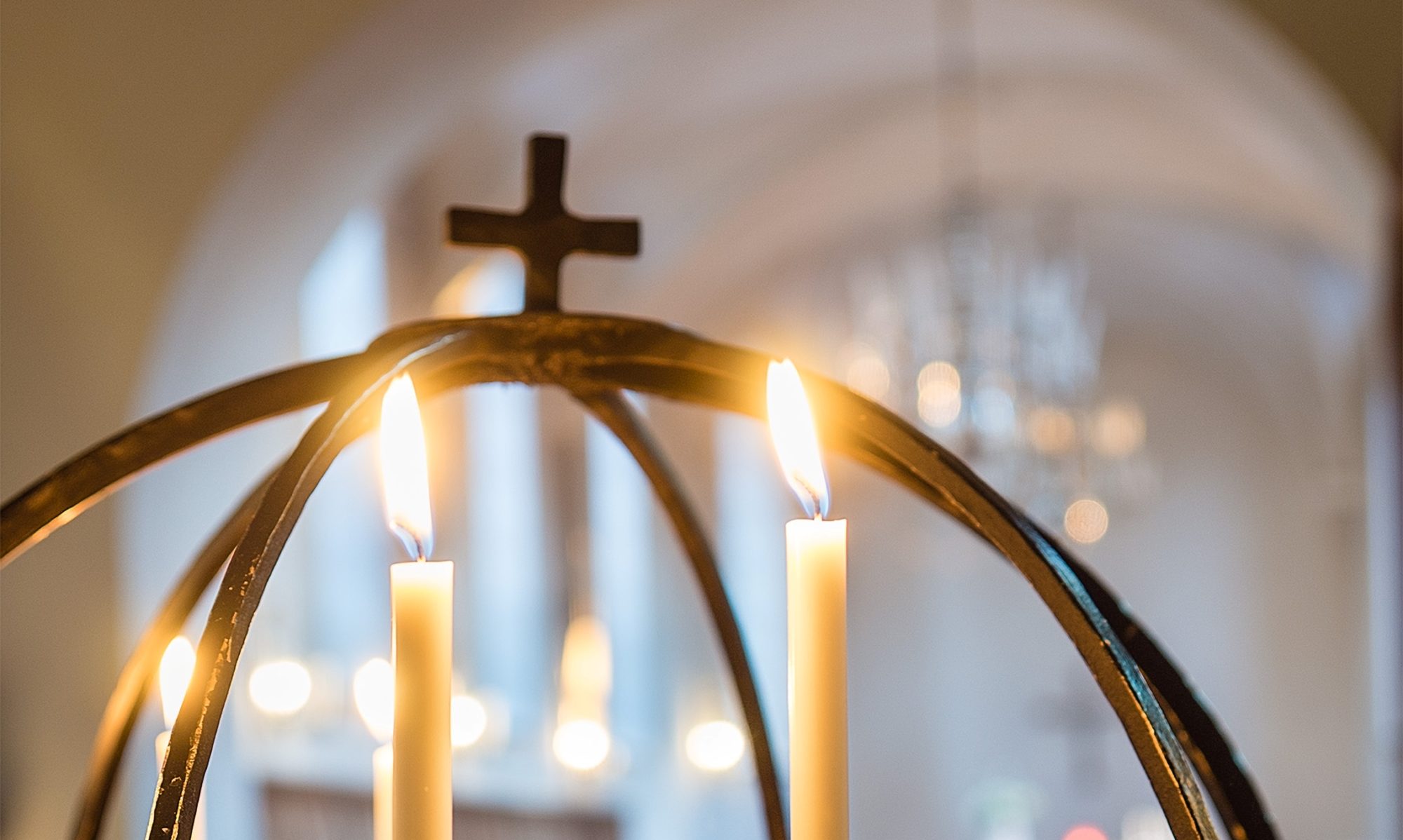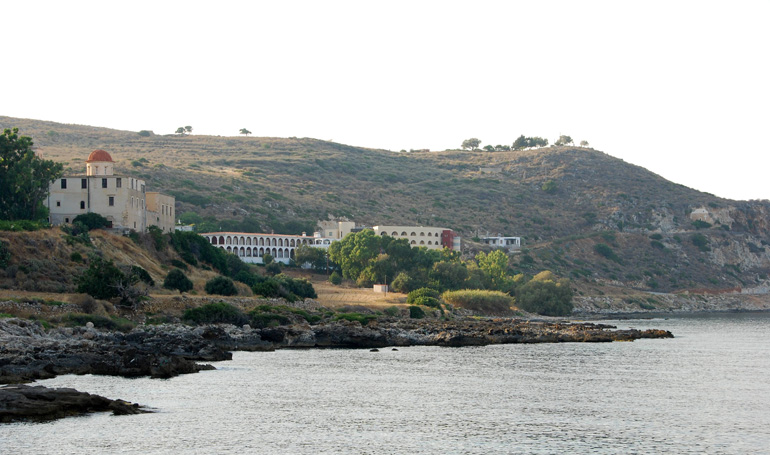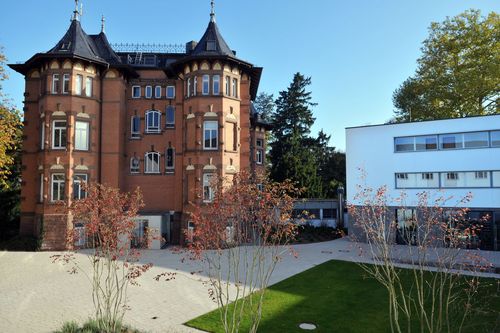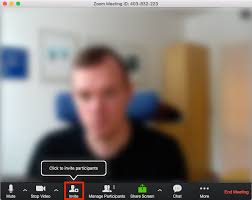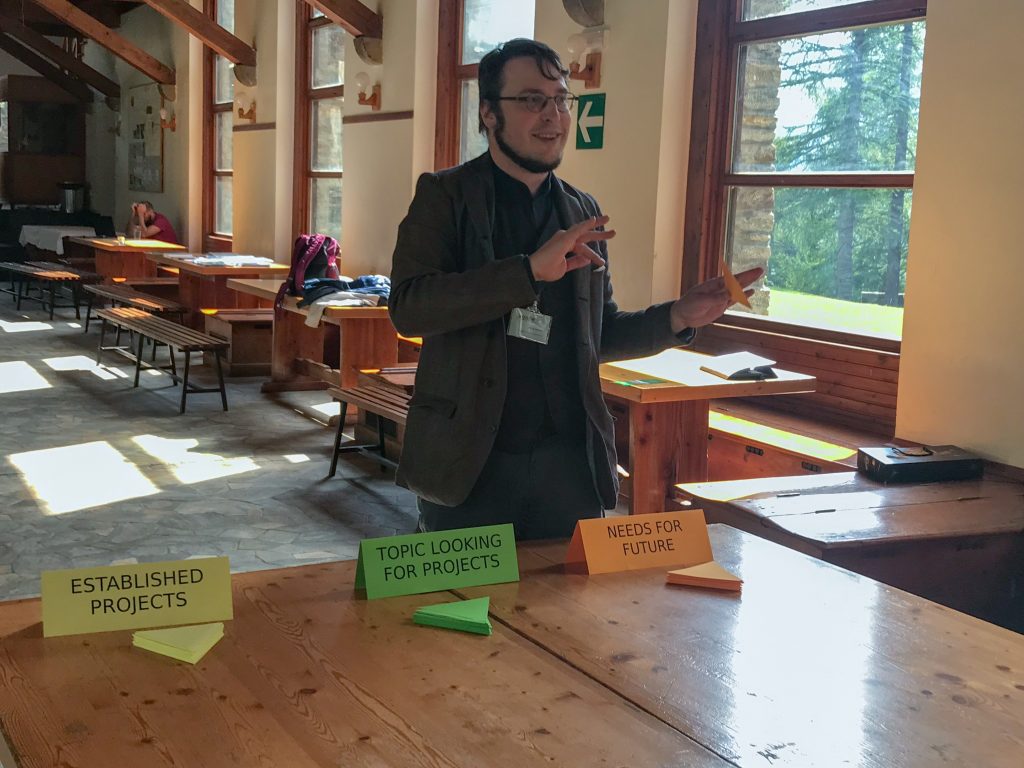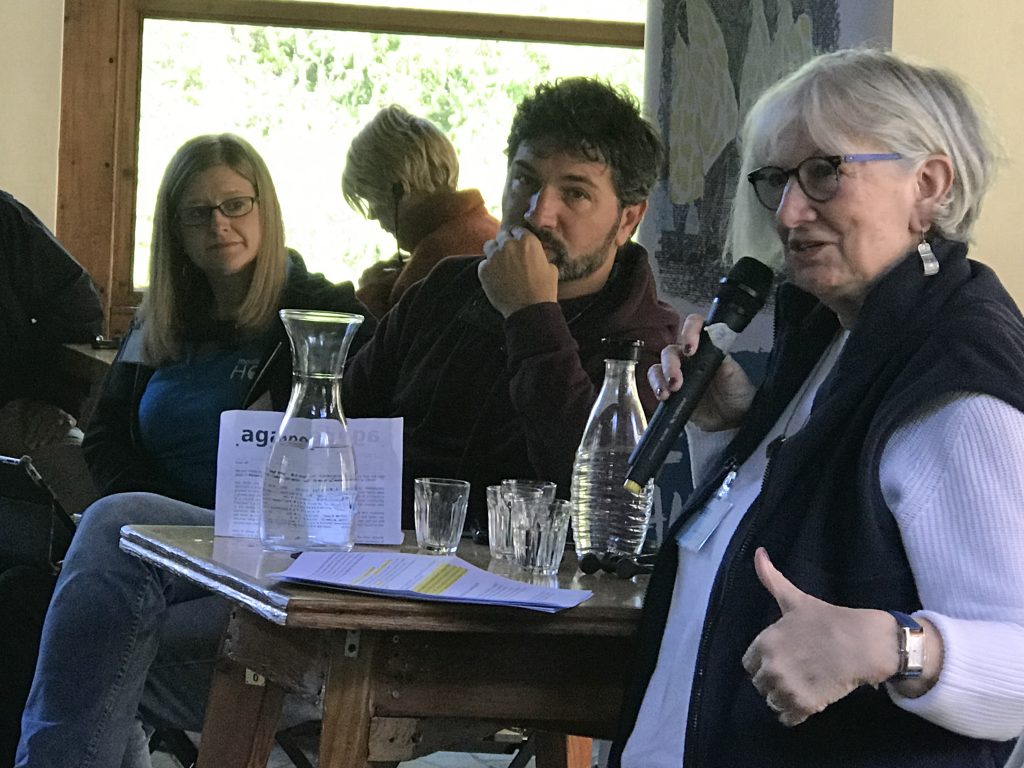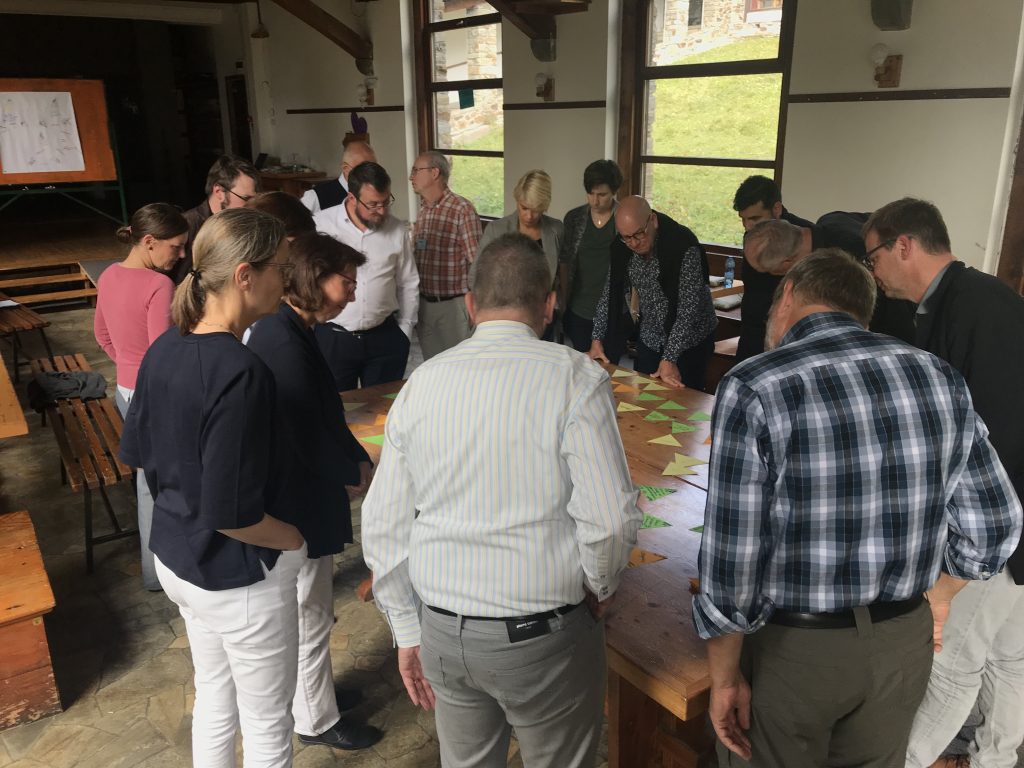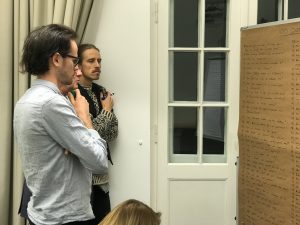There is a saying, which translated into English sounds something like this: “Extraordinary circumstances require extraordinary measurements and instruments”. In about 65 years of existence this year’s General Assembly was the first one, which took place as a virtual Assembly. For many of us this is the “new normal”, for Oikosnet Europe it was a novum. And it was clear for everyone: a virtual Assembly cannot replace a person to person encounter. It is, therefore, that we are looking forward to the next General Assembly in 2021 as a person to person meeting in Sigtuna or Malta and 2022 in Bad Boll. However, the General Assembly as a virtual Assembly also offered opportunities, for instance, in that more members participated due to the fact that they could save money and time for travelling. The 2020 General Assembly was the most representative since years. The Oikosnet Board will look carefully on which events are in the future useful as virtual and/or as person to person events.
Study Day on the Green Deal
The 2020 General Assembly took place in two parts, a Study Day and a Business Session. The theme of the Study Day was: “Climate Change and the European Green Deal – The role of Oikosnet Europe”. We listened to and exchanged with two impressive presentations from Anja Bakken Riise (Norway) and Sven Giegold (MEP, Germany). Anja Bakken Riise explained the impressive work of her NGO in Norway, which tries to engage grass-roots people and civil society in changing peope’s consciousness and behavior towards the sustainable development goals, Sven Giegold emphasized the common political work in order to reach the targets. The Green Deal is a major political step forward on the European Political level, which needs the involvement of the civil society. Now is the time to develop and review national action plans and the recovery plans for times during and after the Corona crisis. A new agricultural policy and green standards in trade agreements are key at this stage. The discussion centered on the complementary effects of engaging people in sustainable development issues and on setting legally binding frameworks on the European as well on the national level.
The Oikosnet Board is in the process of setting priority issues for its thematic work in a European framework for its future work. Issues which emerged from the Study Day certainly belong to the list of priorities. But also other issues were highlighted, such as: our understanding of education, the future of Europe, migration, racism … Inputs from Oikosnet members to this debate are welcome.
Elections
As part of the Business Session, the General Assembly re-elected Walter Lüssi (from Plusbildung Schweiz) as President for the next three years and Katerina Karkalla Zorbas from the Orthodox Academy of Crete as a new member of the Board, equally for three years. Congratulations! The next meeting of the Board is envisaged for 30 November 2020.
Staff Exchange
Several Oikosnet members asked as to how Oikosnet Europe could help facilitating an exchange of staff, may it be for a shorter or a longer period of time. Such an exchange is to be seen as a process of mutual learning and of bringing Academies close to each other. Board member Kristin Gudleiksrud Raaum developed a discussion paper on the issue, which needs to fed with the expectations and needs of potential participants. The paper can be obtained from the Oikosnet Office in Sigtuna or from Kristin herself. Again, contributions are welcome.
Budget
The General Assembly also adopted the accounts for 2019 and the Budget for 2021. It is clear, that many members of Oikosnet Europe are also suffering under financial constraints due to the Corona crisis. But is also clear, that the work of Oikosnet Europe at this stage largely, if not exclusively, depends on membership contributions. Extra financial support is only acquired for special projects.
Projects
The General Assembly also received reports from projects like the Arab-European Citizens Dialogue, Dialogue for a Peaceful Change and the Civil Society Project for Central Europe. These are summarised in the Annual Report to the Assembly. More extensive reports are available upon request.
Belarus
Much too little time was left at the end of the General Assembly for listening to the witnesses of our members in Belarus about the situation in their country and their own involvement after the elections. The short reports were impressive. Oikosnet members are involved in supporting victims, in documenting atrocities and in spreading the truth through social media. Oikosnet can be proud of their involvement. As time was too short there will be a special invitation for a longer Zoomconference in October.
Rüdiger Noll, Executive Secretary of Oikosnet Europe
